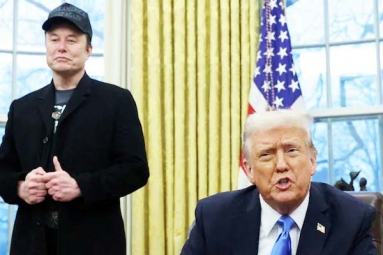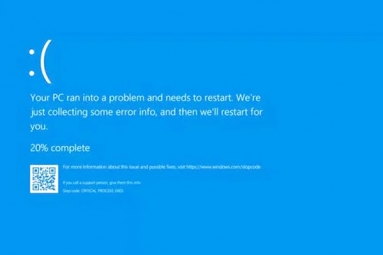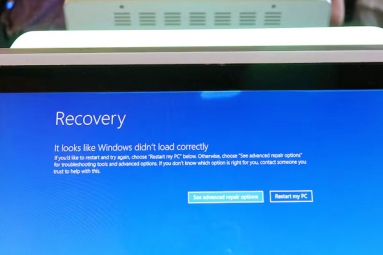
(Image source from: Freepik.com)
Microsoft has issued a warning regarding China's plans to disrupt upcoming elections in India, the United States, and South Korea using artificial intelligence-generated content. This warning follows China's trial run during Taiwan's presidential election, where AI was utilized to influence the outcome. Last month, Bill Gates, co-founder of Microsoft, met with Prime Minister Narendra Modi in New Delhi to discuss the potential use of AI for social causes, women-led development, and innovation in health and agriculture. Approximately 64 countries, in addition to the European Union, are expected to hold national elections, collectively representing around 49% of the global population. According to Microsoft's threat intelligence team, Chinese state-backed cyber groups, along with involvement from North Korea, are anticipated to target multiple elections scheduled for 2024. Microsoft predicts that China will employ AI-generated content through social media platforms to sway public opinion in their favor during these elections. In their statement, Microsoft stated, "Given the significant elections taking place worldwide this year, particularly in India, South Korea, and the United States, we predict that China will, at the very least, create and amplify AI-generated content to serve its own interests."
The utilization of AI technology to create misleading and false content, such as "deepfakes" or fabricating non-existent events, holds significant importance in a crucial election year. These strategies are designed to deceive the public about candidates' statements, positions on various issues, and even the authenticity of certain occurrences. If left unaddressed, these manipulative efforts have the potential to undermine voters' ability to make well-informed choices. Although the immediate impact of AI-generated content is relatively limited, Microsoft has cautioned that China's growing experimentation with this technology could become more effective over time. The tech giant highlighted China's previous endeavor to influence Taiwan's election by spreading AI-generated disinformation, which marked the first instance of a state-supported entity utilizing such tactics in a foreign election.
Microsoft noted that during the Taiwanese election, a Beijing-backed group called Storm 1376, or Spamouflage, was particularly active. This group circulated AI-generated content, including fabricated audio endorsements and memes, with the aim of discrediting specific candidates and shaping voter perceptions. Iran has also employed the use of AI-generated television news anchors as a tactic. Microsoft has noted the use of AI-generated TV news anchors by Storm-1376, an organization that opposes the government, in different countries. This practice started in February 2023. Microsoft also highlighted that Chinese groups are still engaging in influence campaigns in the US. They are using social media platforms to ask controversial questions and collect information about important voting groups.






















